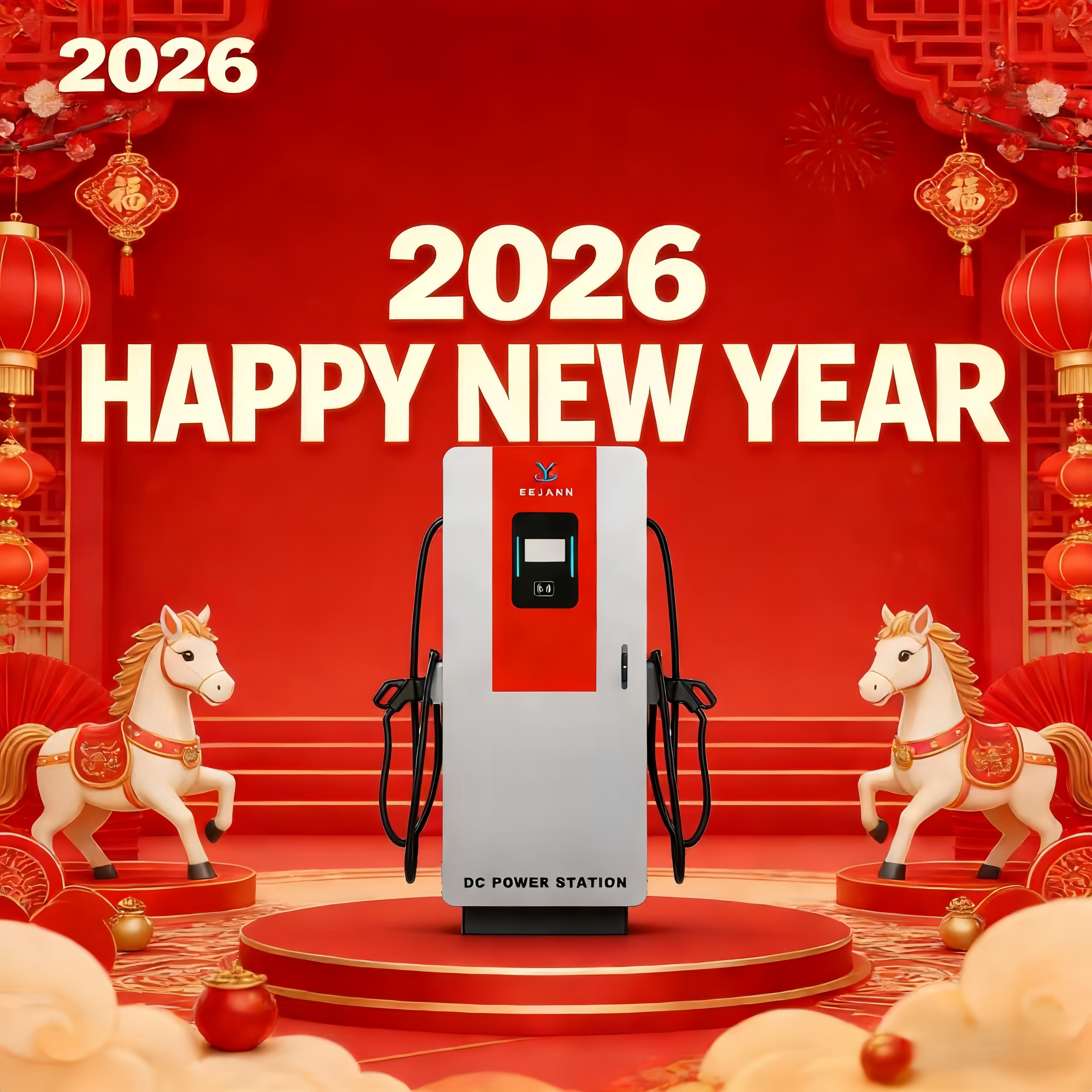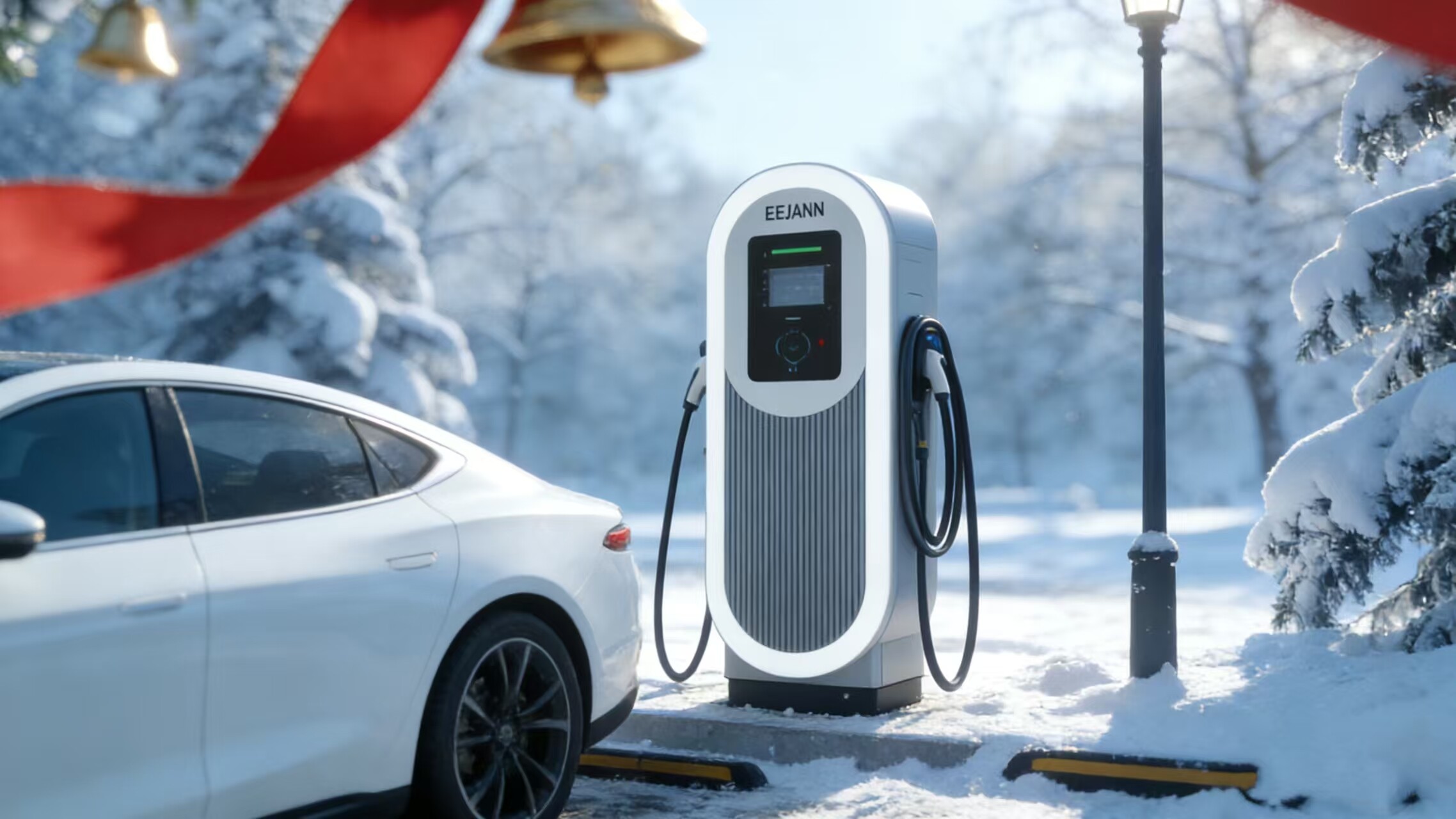Categories List
In a statement, Claude Guay announced that NRCan will allocate over CAD 9.7 million in dedicated funding for 23 projects to deploy more than 850 new electric vehicle (EV) charging stations across Canada—many of which will be installed in Quebec—while supporting the advancement of domestic breakthrough technologies designed to enhance the performance, safety, and reliability of Canadian-made EVs, thereby accelerating the transition to zero-emission vehicles (ZEVs). These charging stations will be strategically located at workplaces, public spaces, highway corridors, and multi-unit residential buildings, with funding sourced from the Zero-Emission Vehicle Infrastructure Program (ZEVIP).
Canadian Minister of Energy and Natural Resources Tim Hodgson emphasized in the same statement: "We are taking bold steps to position Canada as an energy superpower. Through these initiatives, we are delivering practical solutions for EV users in Quebec while collaborating with local industries to decarbonize transportation, strengthen supply chains, and enhance energy independence. Such investments represent our pathway to building a cleaner, safer, and more competitive economy."
However, Brian Kingston, CEO of the Canadian Vehicle Manufacturers' Association—which represents the Canadian interests of Detroit's Big Three automakers—contended that both the funding and the number of charging stations remain insufficient.
In an interview with *Automotive News Canada*, Kingston noted: "Canada faces a significant and growing public charging infrastructure gap, requiring the installation of 40,000 chargers annually to bridge it. At the current infrastructure rollout pace, meeting the federally mandated EV sales targets is unachievable."
Starting next year, the Canadian federal government will require that 20% of all new light-duty vehicles sold be zero-emission (including plug-in hybrids), with this benchmark increasing annually to reach 100% by 2035.
The federal government faces mounting pressure to rescind this ZEV sales mandate, as automakers argue the targets are unattainable without displacing internal combustion vehicles—a move that would undermine domestic manufacturing.
Canada's existing charging infrastructure falls far short of supporting the mandated ZEV adoption targets. Researchers at Dunsky Energy + Climate Advisory highlighted in a report that Canada's current count of just over 35,000 charging stations remains well below the 100,520 required to meet policy objectives.
Kingston stressed: "While today's announcement supporting additional EV charging projects is welcome, what's urgently needed is a comprehensive national strategy to develop ubiquitous, accessible, and reliable public charging infrastructure coast to coast."
Latest Natural Resources Canada data reveals 88% of charging ports are concentrated in British Columbia, Ontario, and Quebec—provinces that accounted for 92% of Canada's new EV sales last year.
David Adams, CEO of Global Automakers of Canada (representing international brands), dismissed the announcement as "lacking substance," stating: "Although federal investment in EV infrastructure is positive, government reports confirm Canada remains far behind in deployment. More strategic investments outside existing hotspots could significantly boost EV adoption. What we truly require is federal focus on addressing the unattainable targets set by its ZEV mandate."
Leave A Reply
Please Give Us A Message




